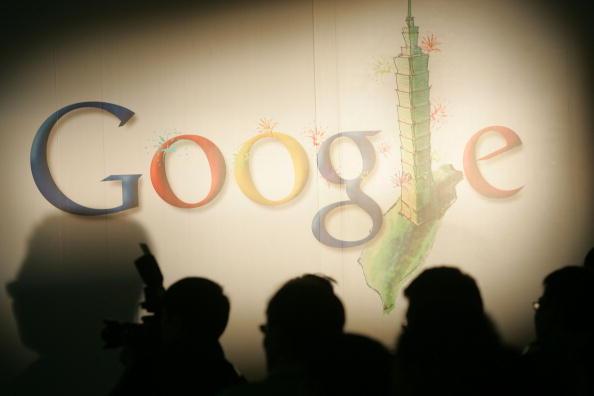Amid growing trade tensions between the United States and China, three American high-tech giants, Google, Microsoft, and IBM, have recently announced their plans to grow their staff in Taiwan and establish research centers on the island nation in the coming months.
Taiwan has a separate political and economic system from mainland China and considers itself a separate country, but the Beijing regime views Taiwan as a breakaway province that will one day be reunited with the mainland. Though the United States only maintains formal diplomatic relations with China, it has kept friendly ties with Taiwan. The U.S. government has continually sold arms to Taiwan for the island to defend itself.




